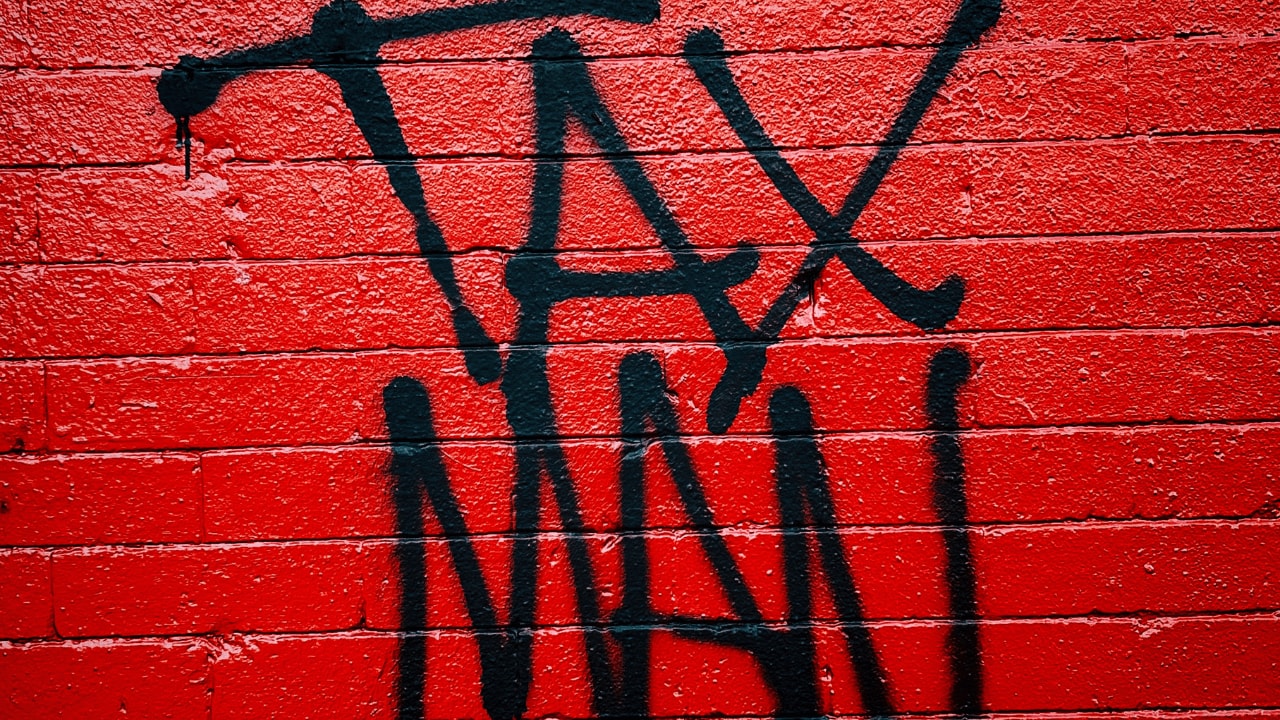The online gaming industry in India is bracing for a significant blow as the government proposes to levy a 28 per cent Goods and Services Tax (GST) on all online gaming services.
The proposed GST rate is a substantial increase from the current 18 per cent GST on platform fees charged by online gaming companies. The increased tax burden is likely to have a significant impact on the industry, which has seen remarkable growth in recent years.
In response to the proposed tax hike, Abhishek Malhotra, managing partner at TMT Law Practice has written to the Prime Minister’s Office seeking support to retain the 18 per cent GST on platform fees for online gaming firms. He has argued that the increased tax burden will be detrimental to the industry’s growth and could lead to job losses and decreased investment in the sector.
“Currently, games of skill are charged at 18 per cent and games of chance at 28 per cent which is often referred to as a sin tax. However, the gaming industry is a significant contributor to the country’s GDP and employment, and is involved in creative aspects such as game development. The online gaming industry should be encouraged rather than penalized by being subjected to a higher tax rate,” said Malhotra.
His argument also says that the proposed amendments to the IT Rule allow for regulation of intermediaries, and the TDS provisions under the budget suggest that the government wants to make a distinction between games of skill and games of chance. Moreover, the Supreme Court and the Karnataka and Kerala High Courts have all recognized the distinction between games of skill and games of chance, which is why this distinction should extend to the domain of taxation as well.
Clubbed with casinos and horse riding
An excerpt from the plea explains that online gaming is being clubbed with casinos and horse riding which can not only be classified as sin goods but is almost exclusively pursued by the elite section of society as opposed to this digital gaming has found a higher uptake amongst users in Tier-2 and Tier-3 cities. Consumers of online games, however, constitute an entirely different demographic, for whom online gaming is a source of affordable and accessible mode of entertainment.
“Imposing a 28 per cent tax liability on the companies for provisioning of such services would be tantamount to equating luxury goods with that of products of daily use and will invariably make this otherwise affordable commodity to increase in its value and cost, that is passed on to the end users,” the argument said.
Stakeholders in the space have time and again argued the downsides of the move.
“There are roughly 900 gaming ventures in the country. Most of these are at a very early stage and rarely clocking profits. The massive increase in taxation will stifle the growth of revenues and sink these early stage companies further into losses, making the industry unviable. This will eventually result in an oligopolistic market dominated by a few players. Such markets often have stifled innovation and growth,” says Paavan Nanda, CEO and co-founder of WinZO.
Alongside negative impact on business the development also comes with its share of confusion.
“While the increase in GST rates to the highest slab will hurt the business it is unclear on what the tax applies on and we hope it is on the revenue actually generated by the operators (ie GGR) and not on amounts that are not even booked as revenues,” says Siddharth Sharma, VP- Business Strategy, Head Digital Works.
If GST is on GGR, in line with international practices, it will still be a viable construct for both sides. If it ends up being the latter, Sharma says illegitimate betting and gambling operators that already exist will stand to gain the most while legitimate businesses will eventually cease to exist in this space.
As the industry awaits further updates, it remains to be seen how the proposed tax increase will impact online gaming in India and whether the government will reconsider its decision in light of the concerns raised by industry experts.
